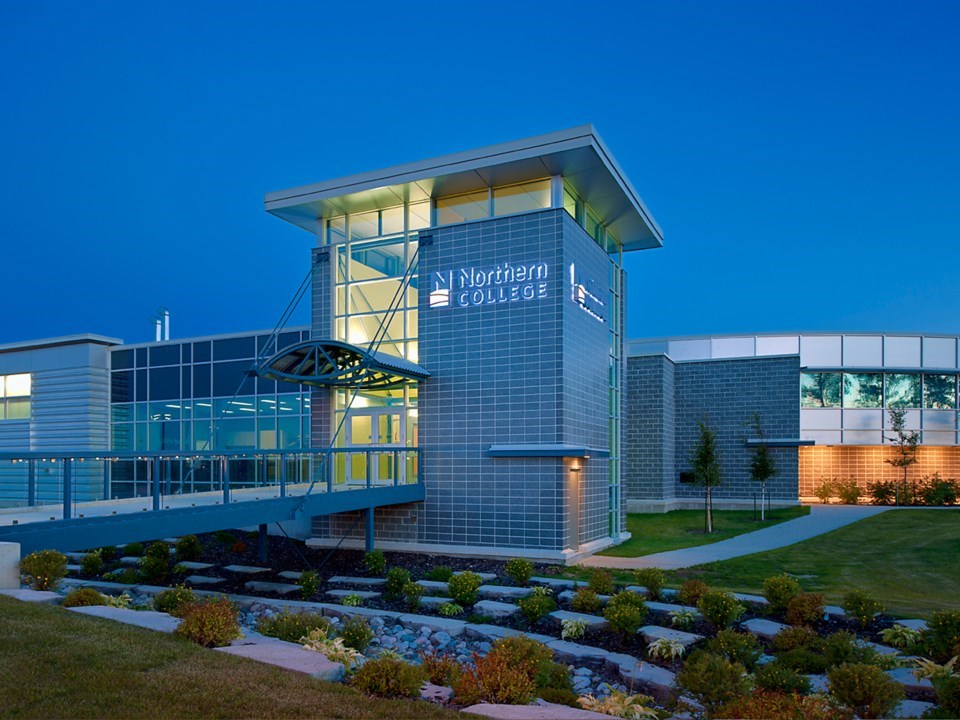TIMMINS - A decision on whether Northern College faculty will hit the picket line is expected in the coming days, says the local union president.
As negotiations between the Ontario Public Service Employees Union (OPSEU) and the province’s colleges remain stalled, the union can legally strike on Thursday.
OPSEU CAAT-A Local 653 president Neal McNair said a full walkout is not guaranteed.
“When people hear ‘strike,’ they think of picket lines and a full work stoppage, but there are other options like work-to-rule, rotating strikes, or limited strikes,” said McNair, who is a Northern College professor.
A full strike would suspend most programs and significantly affect students, but McNair emphasized that no Ontario college student has ever lost a semester due to a labour stoppage.
“Historically, the semester has always been completed,” he said.
TimminsToday has reached out to Northern College to comment. This story will be updated if a response is received.
The union’s main concerns include outdated workload formulas, fair wages, and improved job security for contract faculty, McNair said. He explained that the formula used to calculate faculty workload hasn’t been updated in over 40 years, despite significant changes in teaching responsibilities.
“The formula was established in the 1980s and it has seen very limited modifications. I think most people can recognize that what we do as professors in the college system has changed drastically in the last 40 years, and especially in the last 10,” McNair said.
“There's been a whole bunch of new responsibilities and work around making things available online, teaching in different modalities, not just in person, but in hybrid modes… So there's all of these new situations that we didn't have in the past.”
Accessibility requirements, quality assurance processes, and other responsibilities have also significantly increased faculty workloads, though the current formula doesn’t account for these changes, he said.
“This has been an ongoing issue in the last several rounds of negotiations, with little change being made,” he said.
A task force established during the last round of negotiations studied these issues and released recommendations in the summer of 2024. However, McNair said the colleges have not acted on the findings.
“And in fact, the proposals that they currently have on the table would actually increase the workload and the unrecognized work for the vast majority of faculty,” he said.
The union is also pushing for a wage increase that reflects the rising cost of living and better job security for contract faculty.
“The colleges are offering a two per cent annual wage increase over four years, which doesn’t come close to matching inflation,” McNair said.
The union is also advocating for greater job security for contract faculty, who currently face significant instability, McNair said.
“We have many of our members who work not as full-time teachers and professors, but on a contract basis, and they have very limited job security rights. They have to basically reapply for their job every four months,” he said.
“So we've been trying to get a little bit better language for job security for them so they can at least know that they may have a contract through an academic year, eight months at least.”



